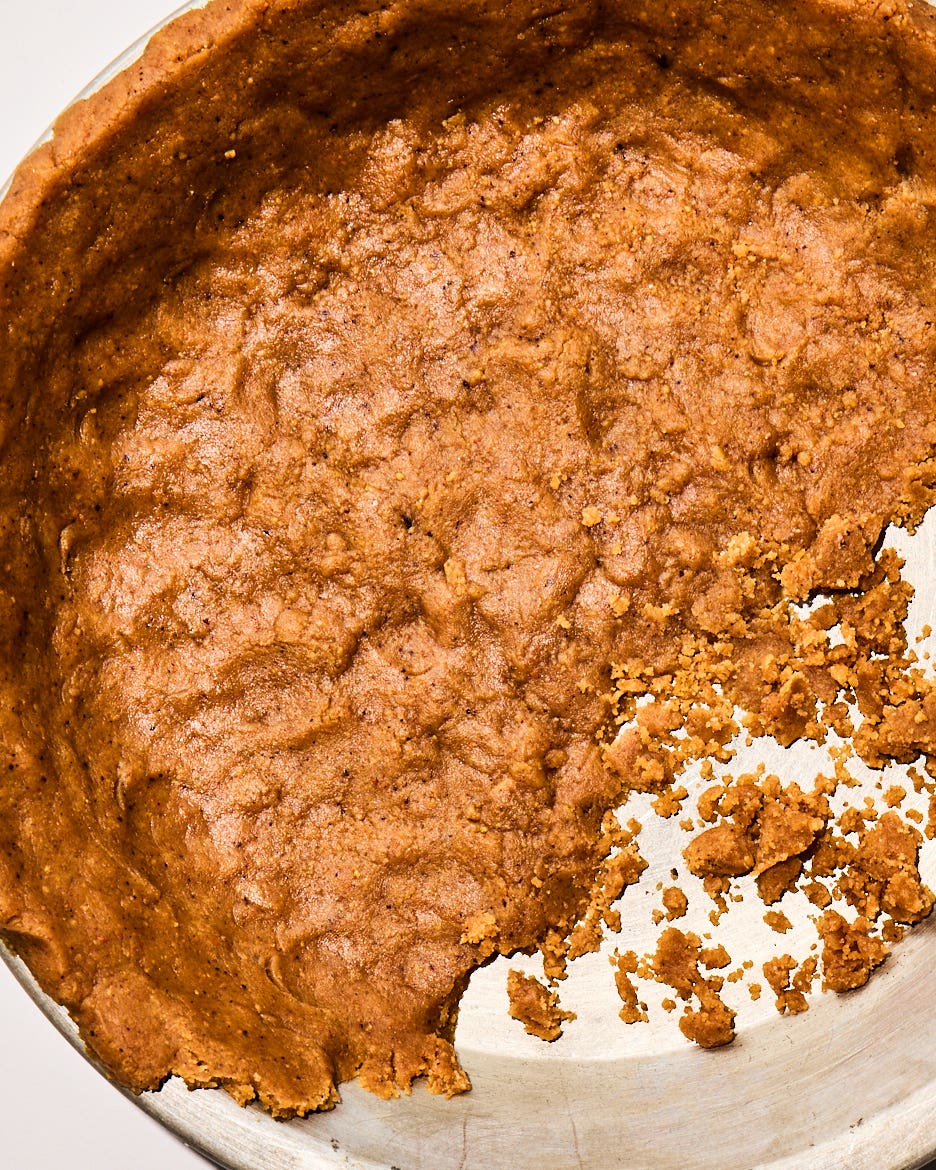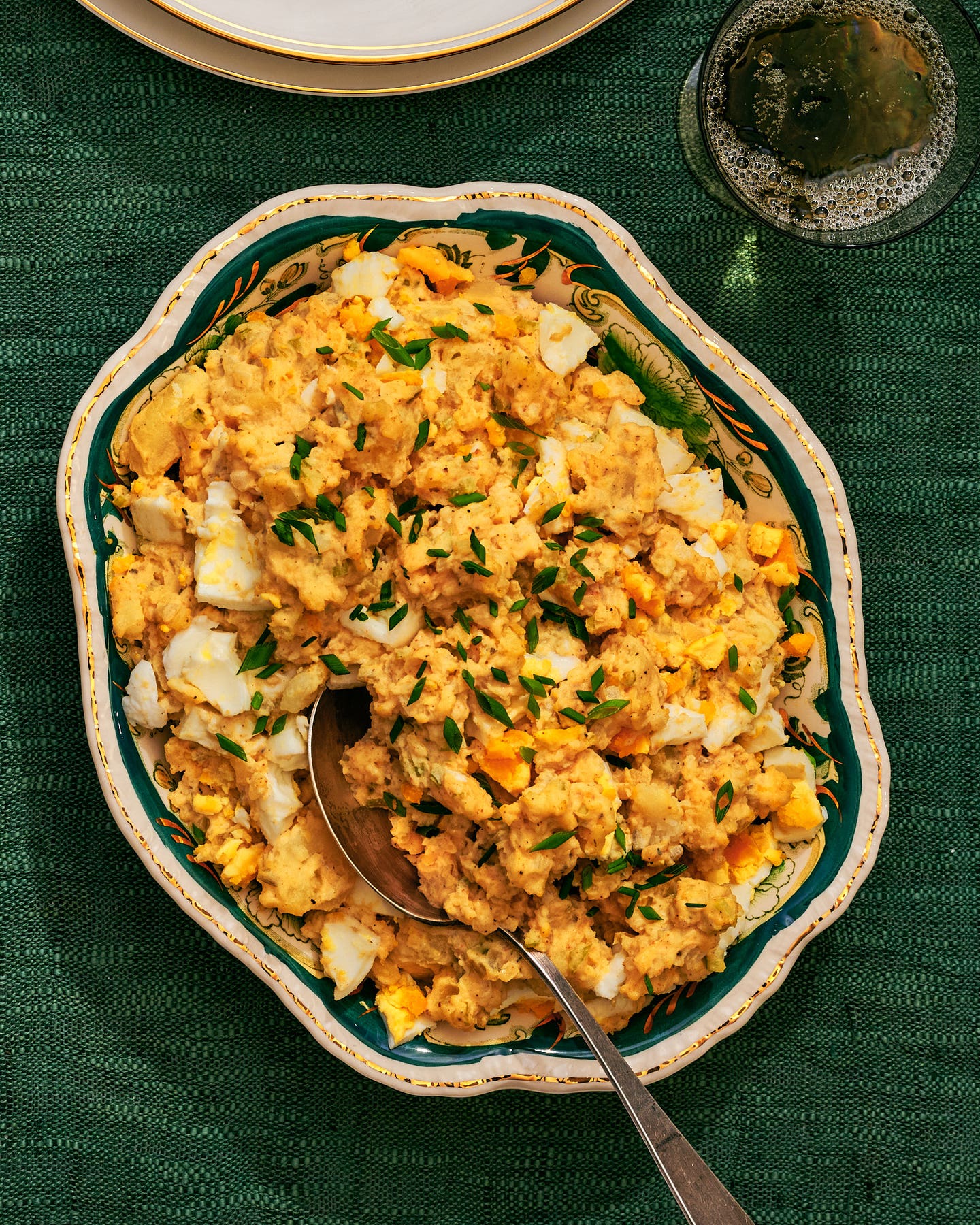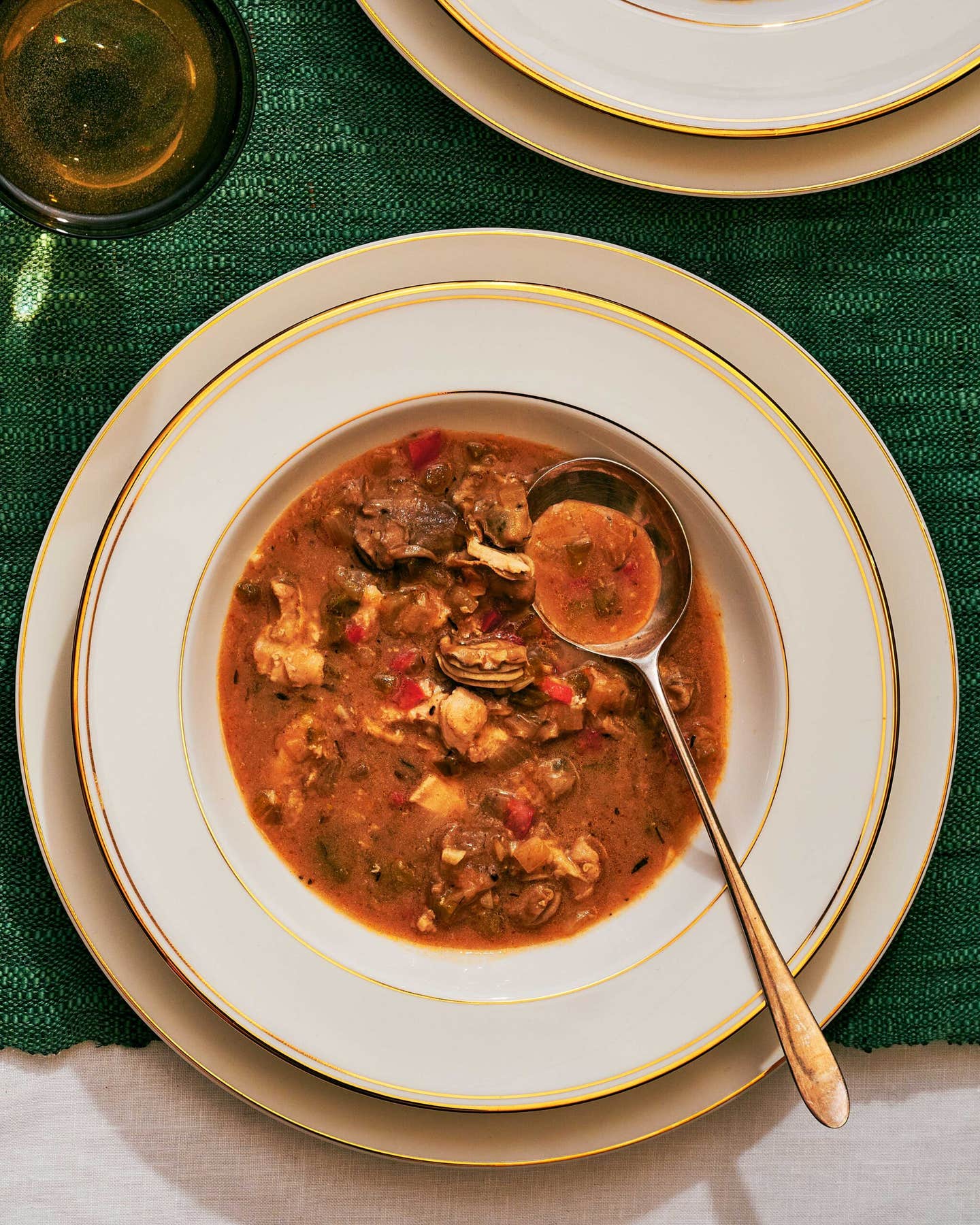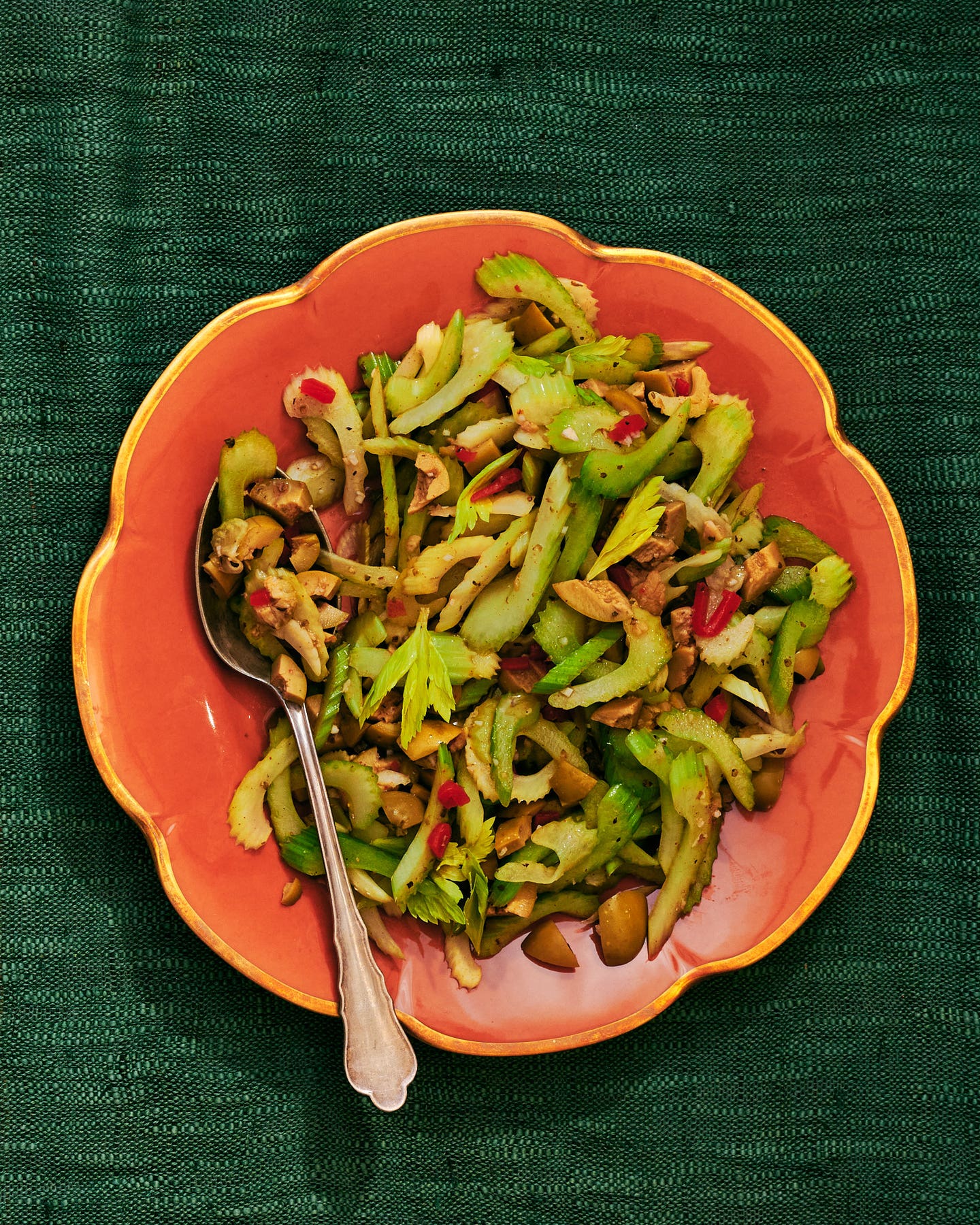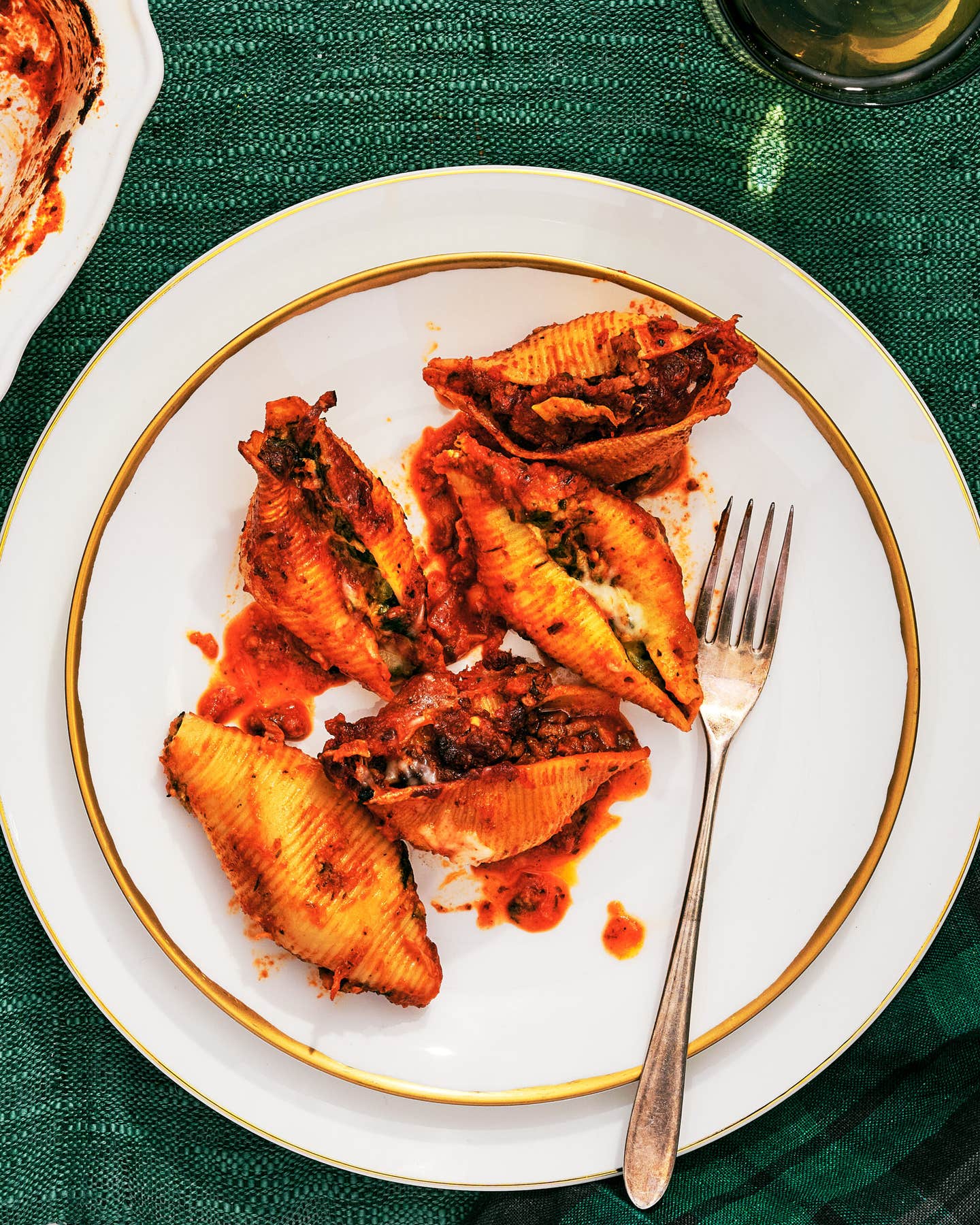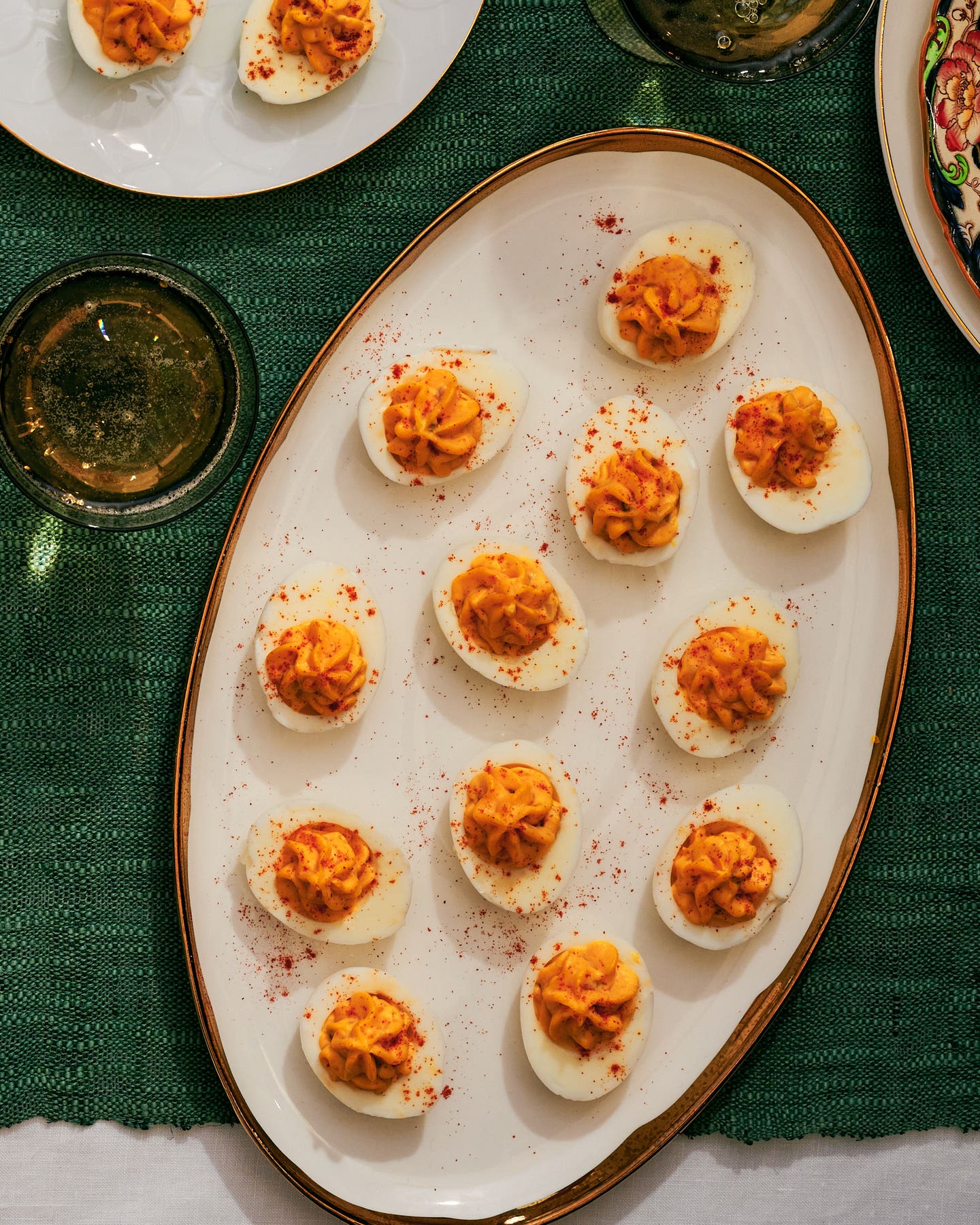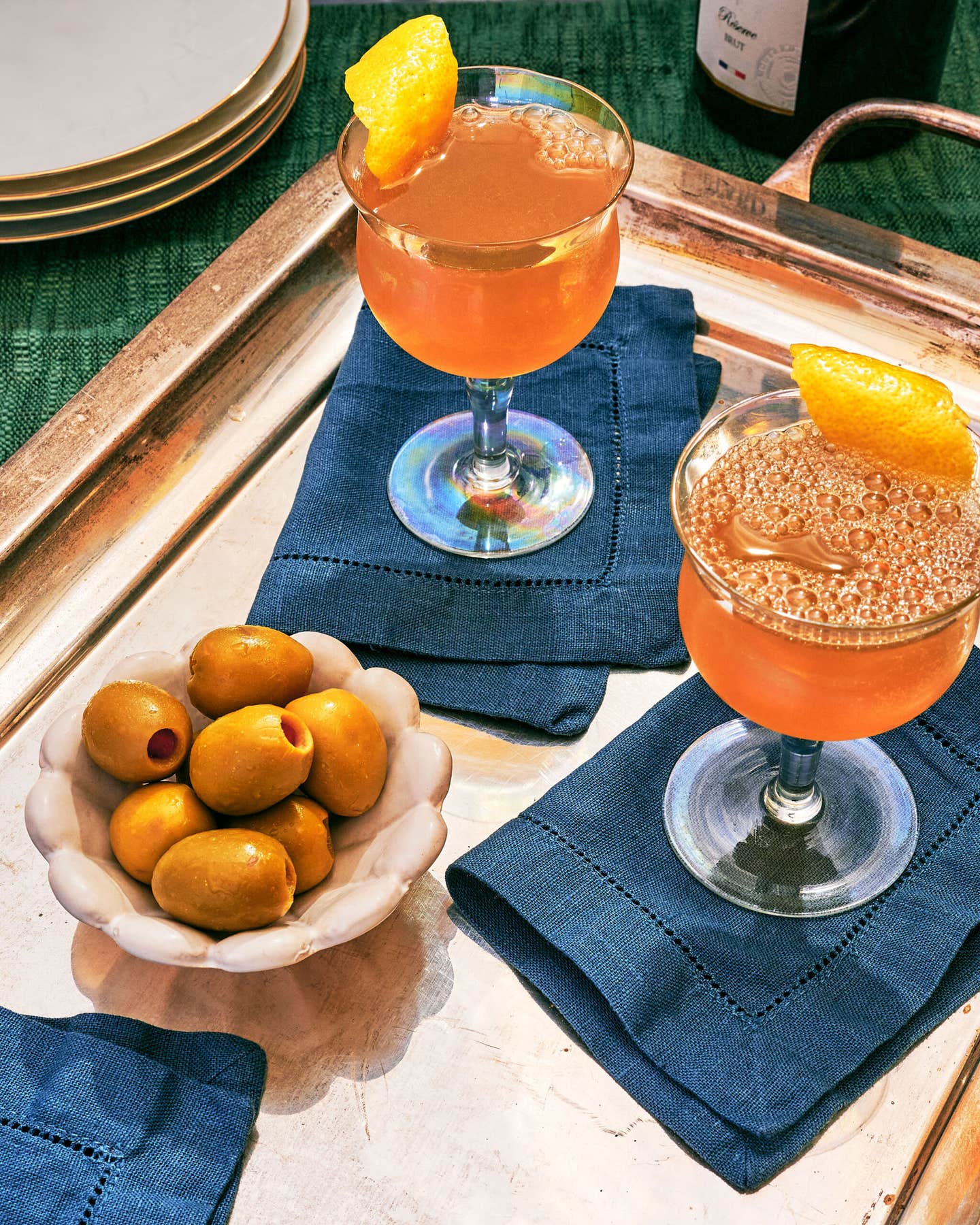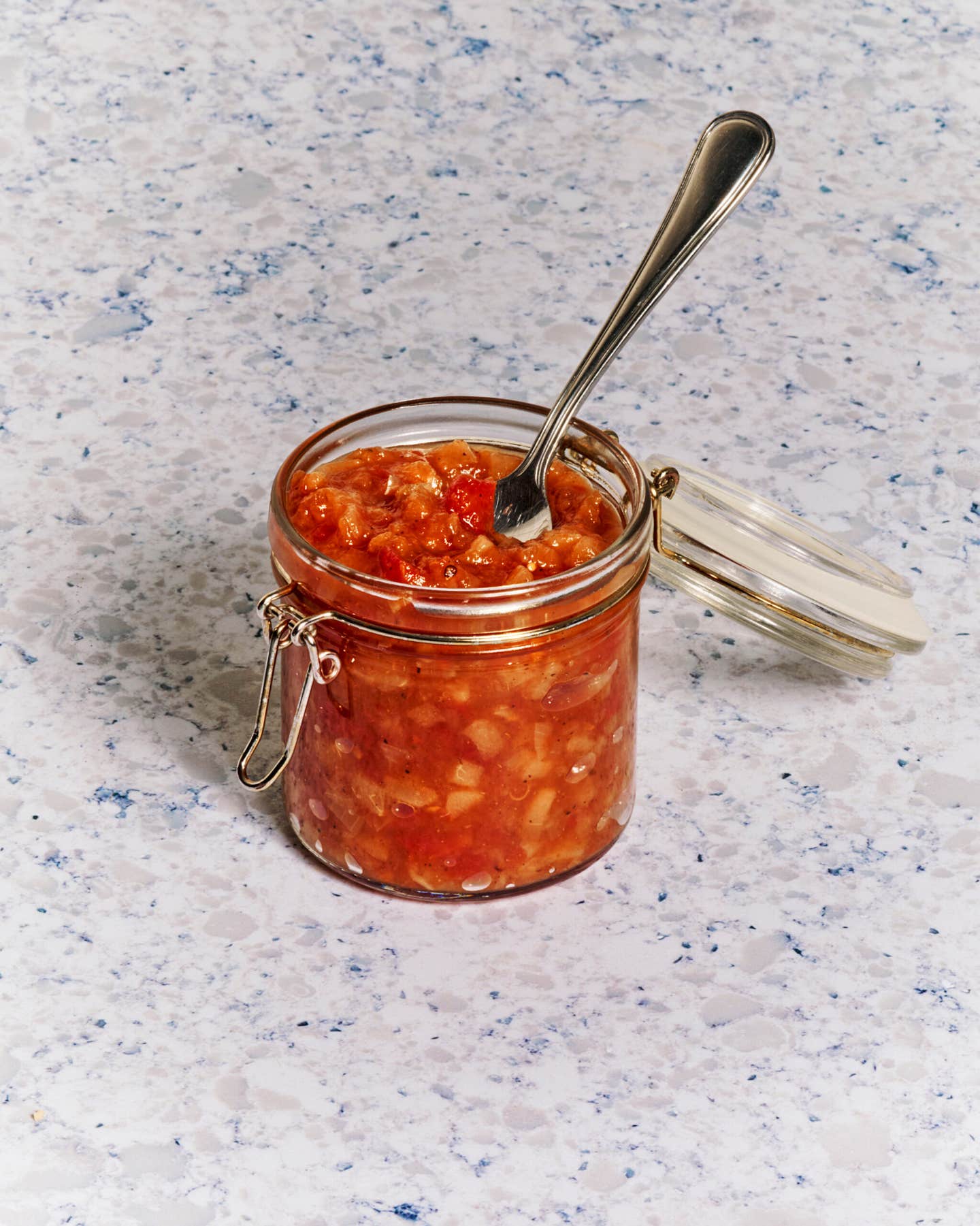
Makgeolli Magnate Alice Jun Is Spreading Korean Culture, One Bottle at a Time
This Brooklyn business brews a fresh take on a 2,000-year-old drinking tradition.
It was only five years ago when Alice Jun got seriously into homebrewing makgeolli, an effervescent rice brew that, with more than two millennia of history, is Korea’s oldest alcoholic beverage. At the time, the NYU graduate was working as a consultant at Deloitte and devoting her weekends to her hobby. “The kitchen was crammed with all my supplies and five-gallon jars of homebrew at different stages of fermentation,” she recalls with a laugh. “At my peak I was brewing 30 to 40 gallons at a time. Fortunately, I had very supportive roommates. But then, they were also the beneficiaries of my experiments.”
Now she’s set on sharing the culture of makgeolli with the rest of the United States.
In October of 2020, Jun opened Hana Makgeolli on an industrial block in Greenpoint, Brooklyn. It’s currently the only commercial makgeolli brewery in the United States, and so far she has sold out of every batch of her artisan take on this ancestral rice wine.

Makgeolli is a cloudy drink made from rice, water, and nuruk, a bacteria and yeast-rich starter usually made with wheat. The taste of the brew varies widely with the brewer; Hana’s has a distinctive tang from the lactic acid produced during fermentation. It’s creamy and dry with hints of flowers and bitter citrus.
Most commercial makgeolli is shelved alongside beer. It’s packed in plastic bottles and shares a similar alcohol percentage, and it comes in flavors like banana and chestnut. Jun’s vision for Hana aligns more with the world of natural wine, and her brewery is technically licensed as a winery by the state of New York. Her brews age from 30 to 70 days—much longer than the standard seven to 14 days in Korea—resulting in a complex rice beverage that is drier and more boozy than traditional makgeolli. The flavor, she says, is reminiscent of Korean homebrew, which had no presence in the U.S. Jun saw an opening. “I believe that this kind of sool”—the Korean word for alcohol, especially traditional Korean drinks—“leaning towards dryer, wild fermented, stronger, and more acidic styles of brewing, has an opportunity here,” she says.

Jun’s makgeolli begins with organic medium-grain white rice, organic sweet rice, nuruk imported from Korea, and filtered water. A mix of whole grain rice and coarsely ground rice is steamed and fed into the brew in three to four feedings. Jun soaks the nuruk, then filters the mixture through a wine bladder press, using only the resulting nuruk “tea” for a more subtle flavor. Fermentation does the rest of the work. “To modernize makgeolli now is to go back to its traditional roots,” she says. “It’s no longer seen as this old, dusty practice, it's actually something that is sought after.”

Her experiences with makgeolli began well before she was of legal drinking age. Her father, who emigrated from Korea to Central California with Jun’s mother, is an avid homebrewer, and she has fond childhood memories of afternoons spent steaming rice and massaging bricks of nuruk. When she asked him for advice with her own homebrews, he could only recommend general measurements, so Jun spent years teaching herself, those memories her only guide. In 2015 she traveled to Seoul to take a formal class with Julia Mellor at The Sool Company and met members of the makgeolli community who shared a similar desire to revive traditional brewing methods.

There are over 760 licensed breweries in Korea that produce over 2,000 varieties of makgeolli; Mellor sees a growing global interest in the drink. “I have been offering startup brewery consultations for four years, but in the last two have I seen much greater demand from clients in the U.S., which is continuing to grow,” she explains. “We also have clients in Canada, the U.K., Europe, and Australia, which signifies to us the global interest in makgeolli.” Last year, Forbes called the drink “the next alcohol trend to watch,” and this past June, makgeolli brewing was recognized as an Intangible Korean Asset by The Cultural Heritage Administration of Korea.
Jun believes this renewed interest—both within Korean borders and abroad—comes from two sources: Older generations of sool producers that fought to protect the tradition through war, famine, and prohibition—historical events that threatened Korean foodways for over a century—as well as a new wave of younger brewers, influenced by the craft beer and natural wine trends.
Hana isn’t the first commercial makgeolli brewery in the United States, but other small ventures have closed. Makku, another Brooklyn-based company which launched in 2019, works with a brewery in Korea to produce its canned versions. This easy-drinking approach to makgeolli, which is marketed more like craft beer, has a low ABV of six percent and comes in flavors like mango and passion fruit.

The term “makgeolli” is a unique alcohol category with a range of fermented rice beverages made up of several subgenres. Takju is the traditional, coarsely filtered, rice brew. Potent takjus, like Hana’s Takju 16—which is undiluted and has a 16 percent ABV—are closer in alcohol-level to wine than beer. A settled bottle of takju will separate into two distinct layers: an opaque sediment on the bottom and the clear, yellowish liquid, known as “yakju,” or “cheongju,” on top. Bone-dry, crisp, and citric, yakju was traditionally reserved for nobility, and Hana also bottles it separately. The word “makgeolli” is most often used to describe a style of takju made from diluting that cloudy bottom layer which was leftover from making yakju. Once the clear liquid is poured off, that opaque liquid is “roughly filtered,” (the literal translation of the word makgeolli), then diluted with water, lowering its alcohol content.
This diluted makgeolli was traditionally enjoyed by farmers and commoners; today, Jun infuses her elegant version of this lighter brew with omija berries, a Korean magnolia fruit known for its five distinct flavors: salty, tangy, bitter, sweet, and pungent.

This past August, Jun and her business partner, John Limb, opened the brewery’s in-house restaurant. They’re only picking up the pace: “We're coming out with seasonal makgeolli,” Jun says. “We are going to show what is really possible with different grains like brown and black rice. The goal with Hana was always to show the breadth of the category and help build an industry here. It's never going to replace beer or wine, but it will help establish the category in the long term and educate people.” Limb adds, “We’re very proud of the fact that it’s a Korean product and a Korean sool that we are helping to establish. We are doing our part to bring awareness of our culture.”

Hana’s wines are pasteurized in the bottle to stop fermentation, which makes them shelf stable. Starting this fall, the brewery’s restaurant will serve unpasteurized makgeolli as well, making it the only place in the U.S. you can sample the drink with live cultures (unless you decide to try homebrewing yourself).
Hana is not yet a year old and has already been awarded 2021’s Makgeolli Producer of the Year by the New York International Wine Competition. Jun somewhat sheepishly adds, “Well, we’re not sure if this was an international competition or if Hana won by default as the only makgeolli producer in America.”
Recipes




Keep Reading
Continue to Next Story

